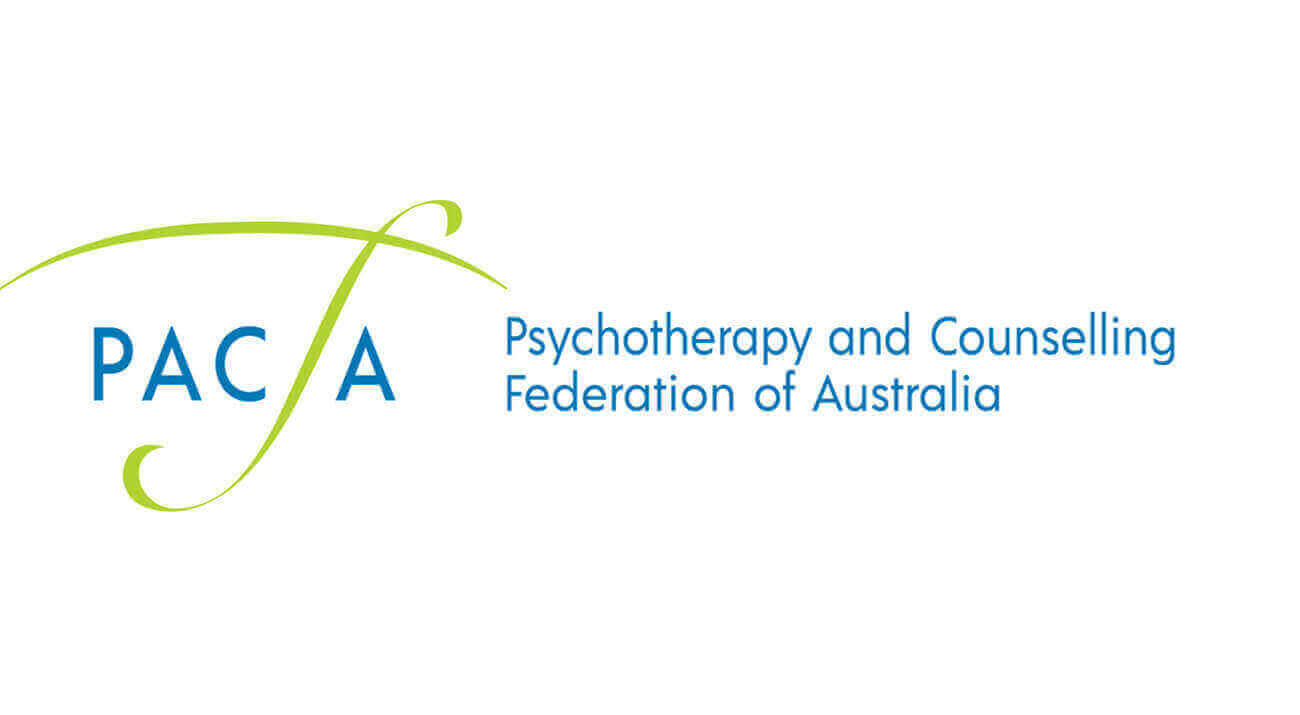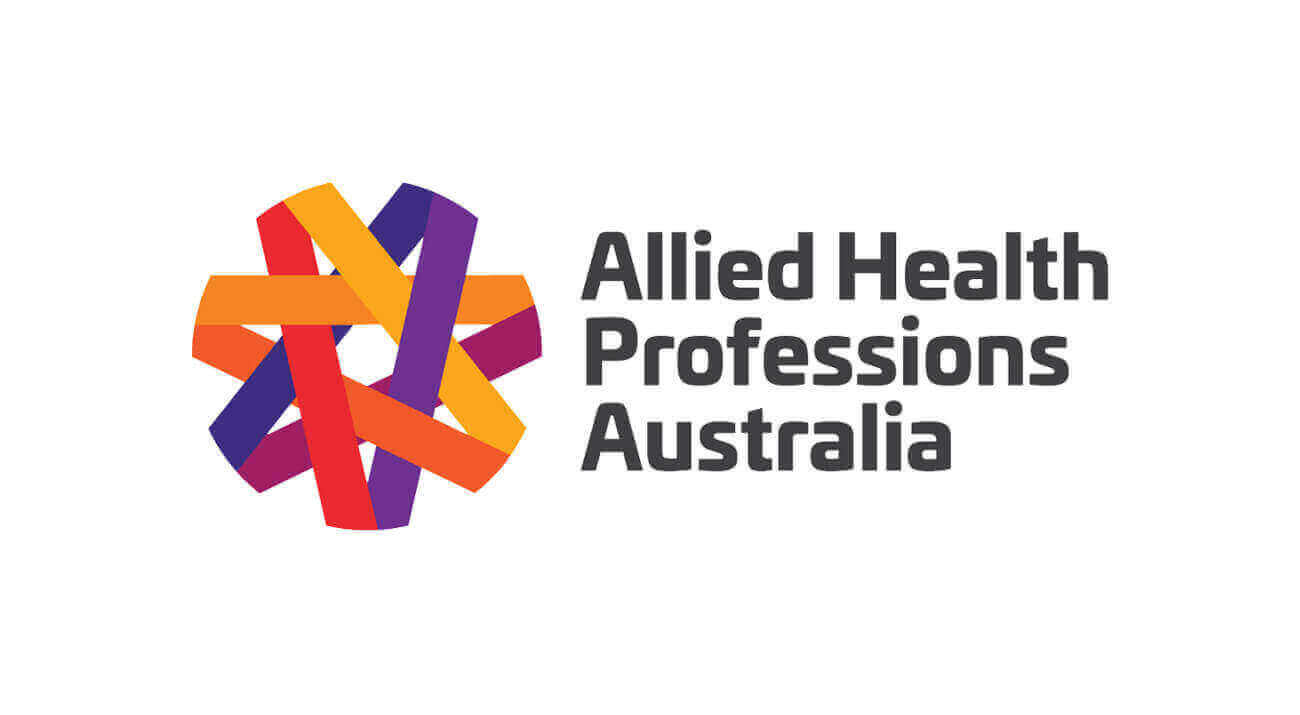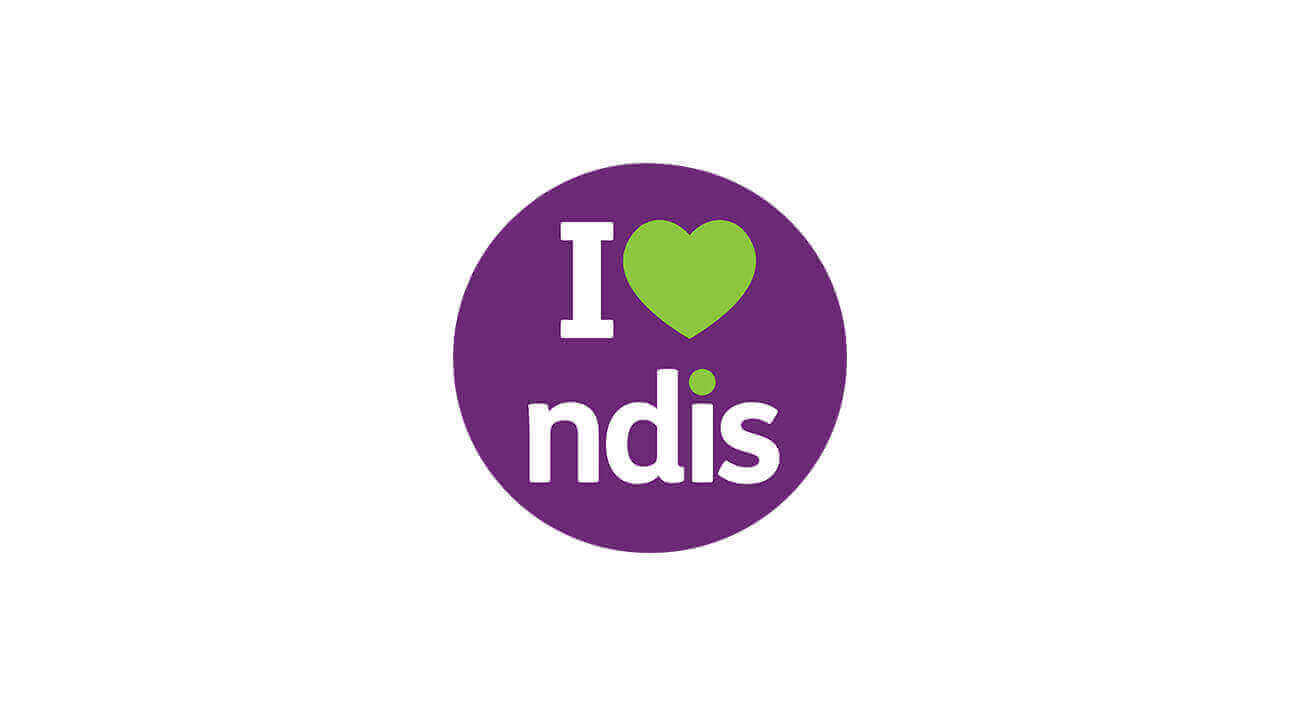Therapeutic Approaches to Grief and Loss Counselling
Grief and loss are universal human experiences that can touch us deeply, leaving us feeling overwhelmed, confused, and alone. Grief counselling provides a safe and supportive space to explore these complex emotions and navigate the challenging journey of healing.
Understanding Grief and Loss
Grief is a natural response to the loss of someone or something significant. It can manifest in a variety of ways, including emotional, physical, and spiritual reactions. While grief is often associated with the death of a loved one, it can also arise from other losses, such as the end of a relationship, job loss, or a significant life change.
Therapeutic Approaches
Grief counselling uses various therapeutic approaches to support individuals through the grieving process. These approaches may include:
- Person Centred Therapy: This approach focuses on creating a warm and empathetic environment where clients feel safe to express their emotions and explore their experiences at their own pace.
- Cognitive Behavioural Therapy (CBT): CBT helps clients identify and challenge unhelpful thought patterns and behaviours that may be hindering their healing process.
- Narrative Therapy: This approach encourages individuals to create new narratives around their loss, allowing them to find meaning and purpose in their experiences.
- Mindfulness Based Therapies: Mindfulness practices, such as meditation and deep breathing, can help individuals cultivate greater self-awareness and emotional regulation during the grieving process.
- Group Therapy: Group therapy provides a supportive environment where clients can connect with others who are experiencing similar losses and share their experiences.


How Does Counselling Help?
How Does Counselling Help?
Talk and express your thoughts, personal struggles, and concerns privately in a non-judgmental environment

Who Can Benefit From Counselling?
Who Can Benefit From Counselling?
Counselling can benefit many people and assist with dealing with personal problems and challenges

The Benefits Of Having Counselling
The Benefits Of Having Counselling
Counselling gives you a different perspective on your problem to solve it effectively and positively

Reasons People Come To Counselling
Reasons People Come To Counselling
These include communication and relationship issues, stress and anxiety, feeling sad or lonely, or self-esteem issues
The Role of the Therapist
The therapist plays a crucial role in guiding clients through the grieving process. They provide a safe and non-judgmental space for clients to express their emotions, explore their experiences, and develop healthy coping mechanisms. The therapist may also help clients identify and address any underlying issues that may be contributing to their grief.

Benefits of Grief Counselling
Grief counselling can provide a range of benefits, including:
- Reduced feelings of isolation and loneliness
- Improved emotional regulation and coping skills.
- Increased self-awareness and understanding of the grieving process.
- Enhanced ability to find meaning and purpose in the face of loss.
- Greater resilience and ability to move forward.

Seeking Support
If you are struggling with grief or loss, please know that you are not alone. Seeking professional help can provide valuable support and guidance during this difficult time. A therapist can help you navigate the complex emotions of grief and find healthy ways to cope with your loss.
Remember: Grief is a unique and personal journey. There is no right or wrong way to grieve. Allow yourself the time and space you need to heal, and do not hesitate to reach out for support when you need it.

Book A Session
Please note: If you contact us after hours or on weekends, then reception will contact you the next business day.


